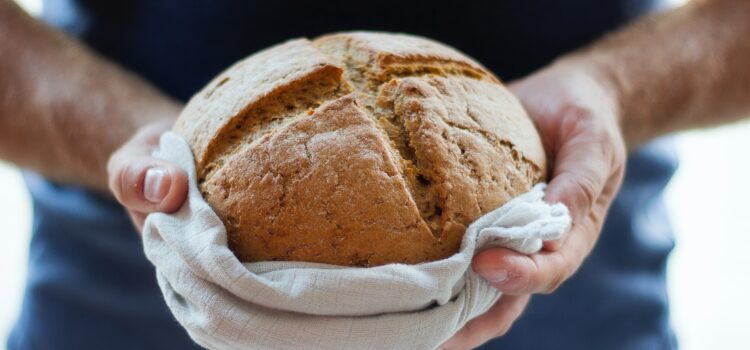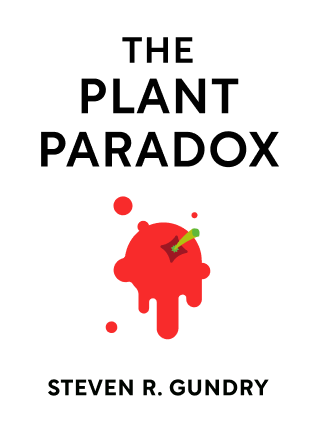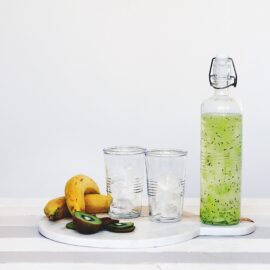

This article is an excerpt from the Shortform summary of "The Plant Paradox" by Steven R. Gundry. Shortform has the world's best summaries of books you should be reading.
Like this article? Sign up for a free trial here .
Is gluten dangerous for your health? What is it about gluten that makes people concerned?
Gluten has a reputation as being bad for you. But if you dig a little deeper, you realize that there’s more to wheat than worrying about gluten.
If you’re wondering, “is gluten dangerous?” then you can find the answer here.
Is Gluten Dangerous or the Scapegoat of Lectins?
Gluten—a form of lectin that is found in wheat, barley, rye, and oats—has gotten a lot of bad press in recent years. For people with celiac disease, avoiding gluten can be a matter of life and death. Some people who don’t suffer from celiac disease do still have gluten sensitivity, resulting in joint pain, inflammation, and brain fog.
The Dangers of Wheat
Is gluten dangerous or is it wheat that’s the problem? Of the four sources of gluten, wheat is the most prevalent in most people’s diets, and not only does it have addictive qualities, but it also promotes weight gain. The real issues are the dangers of wheat.
This means, contrary to what you’ve been taught, white bread and white rice are less fattening and easier on your digestive system than wheat bread and brown rice. Skeptical? Consider this: The billions of people in Asia who eat rice as a staple in their diets eat white rice, and on the whole, they don’t suffer from epidemics of obesity, heart disease, and diabetes as commonly as Americans do.
Gluten is actually not the most harmful lectin in wheat—wheat germ agglutinin (WGA) is. WGA is found in the bran (that’s what makes whole grain bread brown) and is smaller than most lectins, so it passes more easily through the intestinal wall. WGA tends to bond to joint cartilage, prompting an immune system attack on the joints, which results in inflammation and joint pain.
The Hidden Chemicals in Your Food
Besides WGA, there are other culprits in your bread that can cause problems that you may be mistakenly blaming on gluten. But is gluten dangerous?
Transglutaminase is a binding agent that has replaced yeast in many American commercial baked goods since 1950. Yeast ferments and naturally destroys lectins in wheat, reducing their harm on your gut; without yeast, you’re eating a lot more lectins.
Transglutaminase is also used to bind ground meat and seafood (like fake crab), and in gluten-free bread to make it fluffier. But ironically, transglutaminase can make you sensitive to gluten even if you’re not otherwise gluten-sensitive. Additionally, transglutaminase can cross the blood-brain barrier and cause gluten ataxia, a condition similar to Parkinson’s.
Butyl hydroxytoluene (BHT) is a preservative used in processed foods that have whole grains to prevent them from becoming rancid. However, BHT is an endocrine disruptor that acts like estrogen (we’ll talk more about endocrine disruptors in chapter 4); BHT can stimulate fat storage, contribute to early puberty in girls, and is even used in embalming fluid.

———End of Preview———
Like what you just read? Read the rest of the world's best summary of Steven R. Gundry's "The Plant Paradox" at Shortform .
Here's what you'll find in our full The Plant Paradox summary :
- Why eating more vegetables isn't enough, and why some vegetables are toxic to your body
- The science behind lectins and how they tear apart your body, making you fat and sick
- The 6-week program to get your body back on healthy grack






